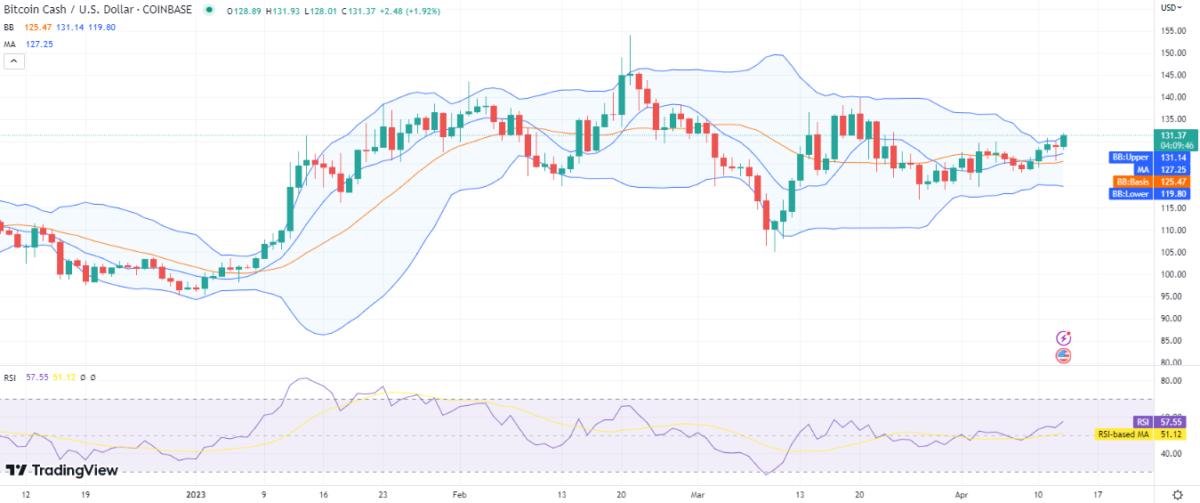Progress towards crypto regulation under India’s G20 presidency: FM

Union Finance Minister Nirmala Sitharaman said on Saturday that the government is moving towards cryptocurrency regulation under India’s G20 presidency.
Responding to a question by ANI regarding a consensus among the G20 countries on cryptoassets under the Indian presidency, Nirmala Sitharaman said, “We are going through the study process so that there can be informed discussion. The International Monetary Fund (IMF) and also the Financial Stability Board (FSB) has done their own little work on the crypto thing and moved forward on their own.We have now asked them to do the papers and give them to us and how quickly these papers have already been given from the IMF and from the FSB which will be given in time for the July meeting. I feel like we’re moving in this direction. So something should develop.”
“Recognizing the risks associated with the private virtual assets, the G20 nations moved a step closer to developing a coordinated and comprehensive policy approach to manage crypto-assets by considering macroeconomic and regulatory perspectives,” she said.
According to the chairman’s summary, released at the end of the two-day meeting of finance ministers and central bank governors (FMCBG) on Saturday, the group will look forward to the IMF-FSB Synthesis Paper on cryptoassets.
“I am happy to say one thing that there is almost a clear understanding that anything outside the central bank is not a currency. And this is a position that India has taken for a very long time and we are happy that such a position of India is also now getting recognition from so many different members. People are realizing that the technology is very useful for fintech,” Sitharaman said after the conclusion of the FMCBG.
Sitharaman said collateral events are proposed on crypto assets at the IMF-World Bank spring meetings in April in Washington.
“In July, the FSB’s paper on the regulation of cryptoassets will be tabled for discussion at the next meeting of finance ministers and central bank governors,” she said.
“The International Monetary Fund-Financial Stability Board (IMF-FSB) synthesis paper will be delivered in September,” she added.
Speaking on the matter, RBI Governor Shaktikanta Das said, “there is now wide recognition and acceptance of the fact that cryptocurrencies, or cryptoassets, or cryptoproducts, or whatever name you call it involve several major risks to financial stability, to monetary systems, cyber security issues and general financial stability and they need to be looked at.”
“Going forward, the effort is to develop an international framework, an international architecture to deal with this problem. The IMF and the Financial Stability Board are working on that. There will be a synthesis paper between the FSB and the IMF on this whole matter. And they will form the basis for future discussions to develop an international architecture,” said Das.
Citing statements by the governor and some finance ministers of G20 countries on crypto, Sitharaman said the World Bank is of the view that views from all developing countries should be included.
“If you remember them, they basically suggest that there were several views. Several options are under consideration. But it’s too early to say what will be the eventual architecture. But yes, there were views that it should be regulated with a view to control and control the spread, to control the risk,” the RBI governor said.
“Let’s watch and wait for the discussions to move forward and we will see how it shapes up. Anyway, at the end of the day every country is a sovereign country. Every country is sovereign. Countries will make their decisions. But when something is agreed in the G20 it will naturally be expected that the countries will largely follow whatever the agreed position is, he added.
Despite the rapid development of the crypto universe, there is no comprehensive global policy framework for crypto assets. Given the concerns over greater interconnection between cryptoassets and the traditional financial sector as well as the complexity and volatility surrounding cryptoassets, policymakers are calling for stricter regulation.
The global standardization bodies, such as the Financial Action Task Force (FATF), the Financial Stability Board (FSB), the Committee on Payments and Market Infrastructures (CPMI), the International Organization of Securities Commissions (IOSCO) and the Basel Committee on Banking Supervision (BCBS) have coordinated it regulatory agenda while working within their respective institutional mandates.
India hopes to expand the G20 discussion on cryptoassets beyond financial integrity concerns and capture the macroeconomic implications and widespread crypto adoption in the economy. This will require a data-driven and informed approach to the global challenges and opportunities of cryptoassets, so that G20 members can shape a coordinated and comprehensive policy response.
During the aforementioned meeting, a seminar titled “Policy Perspectives: Debating the Road to Policy Consensus on Crypto Assets” was held as part of the Presidency’s efforts to expand the dialogue around crypto assets.
IMF speaker Tommaso Mancini-Griffoli presented the discussion paper at the event, highlighting the consequences of crypto adoption on the internal and external stability of a country’s economy as well as on the structure of its financial system.
(Only the headline and image of this report may have been reworked by Business Standard staff; the rest of the content is automatically generated from a syndicated feed.)
























